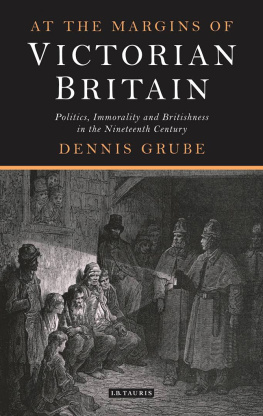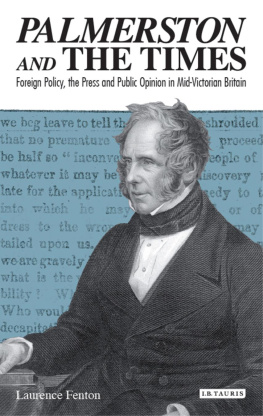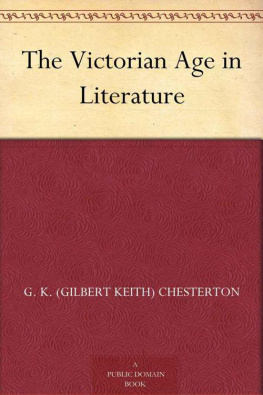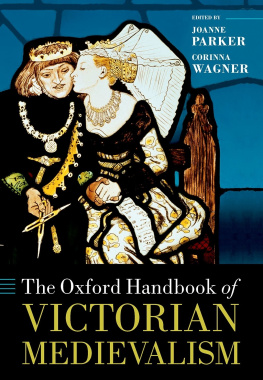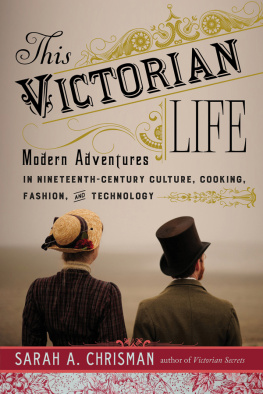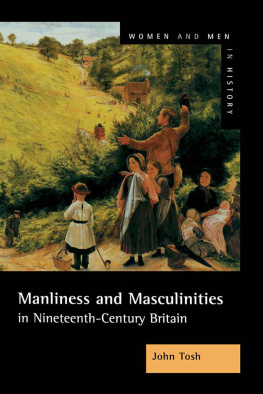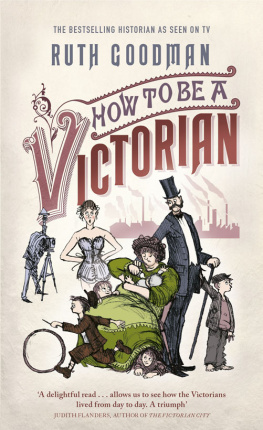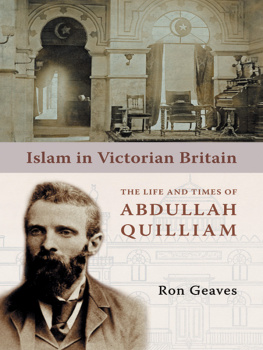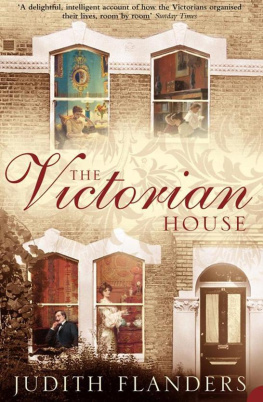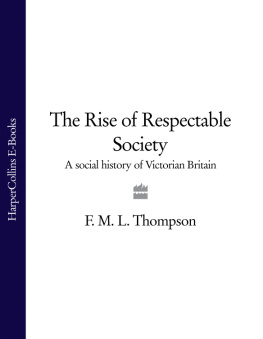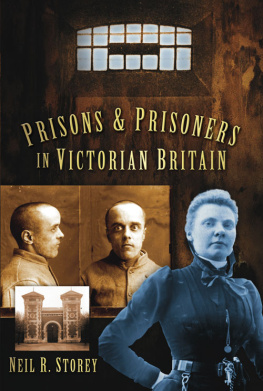Writing a work of political history is a long haul up a sometimes dark road. I have been fortunate to have many friends willing to light the path. I express my deep gratitude to Margaret Lindley, for her years of support, good humour and continued belief in this projects success. I must express my great appreciation to Tomasz Hoskins at I.B.Tauris for his diligent commitment to getting this book out into the world. I thank Haig Patapan, John Kane and Pat Weller for refusing to countenance my periodic apathy, and for their many insights and useful pieces of advice. The Centre for Governance and Public Policy at Griffith University has provided financial support at crucial stages, and my colleagues in the School of Government and International Relations at Griffith have been unceasingly kind in their observations.
Staff at the Bodleian Library, British National Archives, British Library, Chifley Library at ANU, University Library at the University of Melbourne, Griffith University Library, and Morris Miller Library at the University of Tasmania have made the task of researching so much easier with their friendly professionalism.
I owe personal debts of emotional support and encouragement that are too many to mention. Nevertheless, I cannot allow the moment to pass without offering my deep thanks to Martin Grimmer and David Blaazer, who were kind enough to read a much earlier draft of this work and whose views were most helpful. I express my gratitude to my family especially my Mum, Dad and brother Mark for their patience and good humour. My lifelong friend, Daniel Bottaro, has always made me see the funny side of life and this study was no exception. To my wonderful wife Kathy, I express a heartfelt thank you. Whatever merit may be contained in the pages that follow is thanks to you most of all. The faults remain my own.
Dennis Grube
Brisbane
Britishness is a political question. But it is also a legal, social, and emotional one. For centuries British governments have played a leading role in shaping, defining and guarding Britishness. They have framed the characteristics that define who is and who is not British. The question of what it means to be British continues to be a topic of intense contemporary debate as twenty-first-century Britain comes to terms with challenges such as devolution, European integration and mass immigration.
The idea that a uniquely British character is based on shared values of some kind is not new. In fact the contemporary debate is framed by decisions made over a century ago, in the Victorian era. The parameters for the modern debate were set in the age of Gladstone and Disraeli, when the shift occurred from a British identity based on religious difference to one based on shared moral values. Between 1829 That fundamental shift marks the moment that Britishness became a values-based question. And weve been arguing about what those values are ever since.
What has changed is the absence in the modern debate of that most vital ingredient of any national identity an other. National identity is defined by its boundaries by who is included and who is excluded. Current conceptions of Britishness based on notions of tolerance, liberty or fair play provide values, but no other to measure them against. They are universal values and by definition universalism embraces everyone. So if everyone is a part of modern Britishness, it becomes a national identity without boundaries meaning it becomes no identity at all.
Politics is a battle of definition. Political leaders create rhetorical frames through which to define how the public sees policy issues, how they decide on who is a friend and who is an enemy, and how they assess who are outsiders and who are insiders. This book scrutinizes how the frame of Britishness was positioned in Victorian Britain; it examines who sought to define British national identity and how they did so. Political and legal rhetoric, backed by the force of legislation, set the boundaries of Britishness and enforced those boundaries through the majesty of an unproblematised British law.
In Victorian Britain through legislation, political rhetoric and the courts successive governments identified a series of religious or moral others who displayed a set of characteristics or behaviours incompatible with Britishness. In doing so they reinforced the identity of the majority of British people as morally upright and religiously acceptable citizens.
In Victorian Britain the law was used and promoted as an instrument of unity while paradoxically being used simultaneously by lawmakers to ostracise religious or moral deviants from British society. The law of course is not an objective entity. It is a definitional tool which provided the dividing line in Victorian Britain between those who obeyed the law and those who, by thumbing their nose at the law, were seen as thumbing their nose at one of the core components of Britishness itself. The law could limit the rights of people professing an un-British faith to sit in Parliament the ultimate lawmaking body. It could also render as moral outcasts those whose nationality or sexuality threatened to undermine British social norms.
The Other
British government, so changed in its character over the course of the nineteenth century, remained consistent in its defence of British law from the interference of groups deemed to be un-British. For much of the first half of the nineteenth century Jews, atheists and Roman Catholics were all prevented on religious grounds from entering Parliament to make British law. These were people whose religion rendered them unfit to participate in lawmaking in a nation which defined itself as defiantly Protestant. As the century progressed these religious bans were slowly lifted, leaving lawmakers to define a replacement class of scapegoats: moral criminals. Prostitutes, homosexuals and a certain class of Irishman came to dominate the imagination of the late Victorians as threats to the moral integrity of Britain. These people were not truly British and could thus safely be excluded by laws that they had little hand in making.

